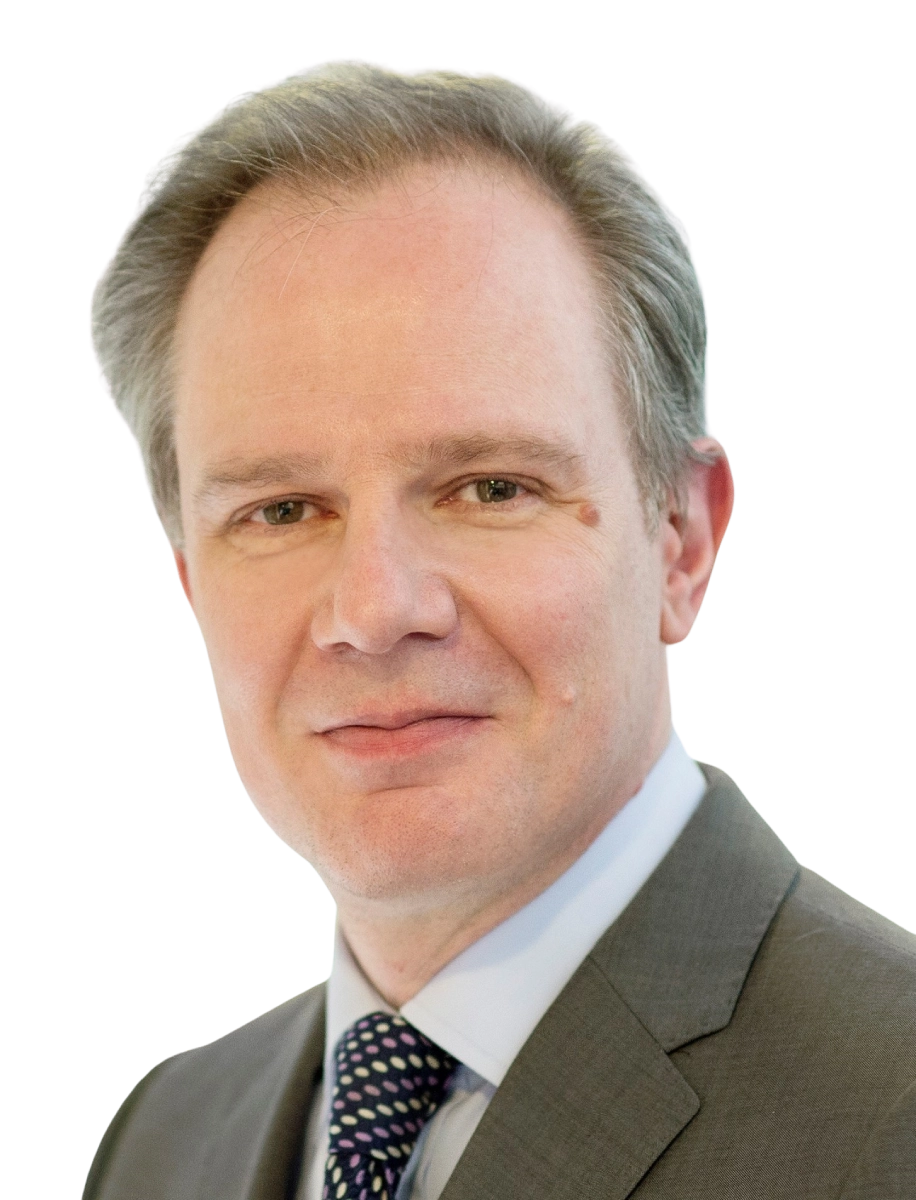Sleep Service
Why is sleep important?
Sleep is a vital physiological process that plays a crucial role in maintaining overall health and well-being. It serves as a fundamental pillar for physical, mental, and emotional restoration.
Sleep deprivation can be due to a combination of genetic, environmental, and lifestyle factors. It can lead to a range of adverse effects, including impaired cognitive function, mood disturbances, and an increased risk of various health issues.
Recognising and addressing sleep disorders early on through lifestyle changes, behavioural interventions, or medical treatments can lead to improved sleep quality, enhanced physical and mental health, and a better overall quality of life.

What does a consultation with a sleep specialist involve?
A consultation at The McIndoe Centre with Dr Oliver Bernath, Consultant Neurologist and Sleep Physician, starts with a medical history review, which can identify any existing health conditions or medications that may be contributing to your symptoms.
You will be asked about your sleep patterns, lifestyle and behavioural factors, and sleep environment. Keeping a sleep diary to detail your sleep patterns, daily activities and any factors that may affect your sleep can be a really useful tool to bring to the consultation.
Depending on your symptoms and the severity of sleep deprivation, further tests may be carried out to diagnose your sleep disorder.
Diagnosis and treatment plan
Once a fuller picture is established, The McIndoe Centre can provide specialised care and a comprehensive treatment plan tailored to your sleep disorder and symptoms.
Follow-up appointments can help adjust treatment plans based on your response and any changes in your condition.
Sleep disorders and syndromes
Dr Oliver Bernath treats a range of sleep disorders, the most common being:
Insomnia
Insomnia is a sleep disorder characterized by persistent difficulties in falling asleep, staying asleep, or achieving restorative sleep, despite having the opportunity to do so.
Causes of insomnia can include:
- Stress
- Anxiety
- Depression
- Irregular sleep schedules
- Poor sleep hygiene
- Lifestyle factors such as excessive caffeine or alcohol intake, or using electronic devices before bedtime
Treatment for insomnia typically involves addressing the underlying causes and may include cognitive-behavioural therapy, sleep hygiene practices, and in some cases, medication.
Sleep Apnoea
Sleep apnoea is a sleep disorder characterised by repeated interruptions in breathing during sleep. They can occur when the muscles in the throat relax excessively, leading to a temporary blockage of the upper airway. This obstruction can result in a decrease or pause in airflow, and it can last for several seconds to minutes.
Common symptoms of sleep apnoea can include:
- Loud snoring
- Choking or gasping during sleep
- Restless tossing and turning
- Excessive daytime sleepiness
- Difficulty concentrating
- Irritability
Diagnosis is typically made through sleep studies, and treatment options include lifestyle changes, continuous positive airway pressure (CPAP) therapy, and in some cases, surgical interventions.
TATT (Tired All The Time) Syndrome
TATT or Tired All The Time syndrome, is a term used to describe a persistent and unexplained feeling of fatigue and constant tiredness, often signalling an underlying health issue or sleep disorder.
Common symptoms of TATT can include:
- Daytime sleepiness
- Lack of energy
- Difficulty concentrating
- Muscle weakness
- Impaired Memory
- Difficulty waking up
Treatment may involve lifestyle modifications, sleep hygiene practices, stress management, and, if necessary, addressing any specific sleep disorders or medical conditions contributing to the symptoms.
Other sleep disorders
Dr Oliver Bernath also treats the following sleep disorders:
- Sleep Walking: Engaging in various activities, such as walking or performing routine tasks, while still in a state of deep sleep.
- Sleep Eating: Consuming food during the night, often in a semi-conscious state, and having little to no recollection of the episodes upon waking.
- Sexsomnia: Sexual behaviours or activities that occur during sleep without the individual being consciously aware of their actions.
- Narcolepsy: A neurological disorder that affects the brain's ability to regulate sleep-wake cycles, leading to sudden and uncontrollable episodes of daytime sleepiness.
- Restless Leg Syndrome: A neurological disorder characterised by uncomfortable sensations, often described as crawling or tingling, in the legs, which prompt an irresistible urge to move them, especially during periods of rest or sleep.
Consultants that perform this procedure
Find out more about the McIndoe Centre
We provide outstanding patient experiences
As a nationally recognised hospital of excellence in plastic, reconstructive, ophthalmic and maxillofacial surgery, we have demonstrated ourselves to be: effective, responsive, caring, safe and well-led. Recently rated ‘good’ by the CQC, we are committed to treating our patients and each other with kindness, respect and dignity resulting in life-changing outcomes.
Patient testimonials
Find out what it’s like to be a patient, from the people who matter the most.








